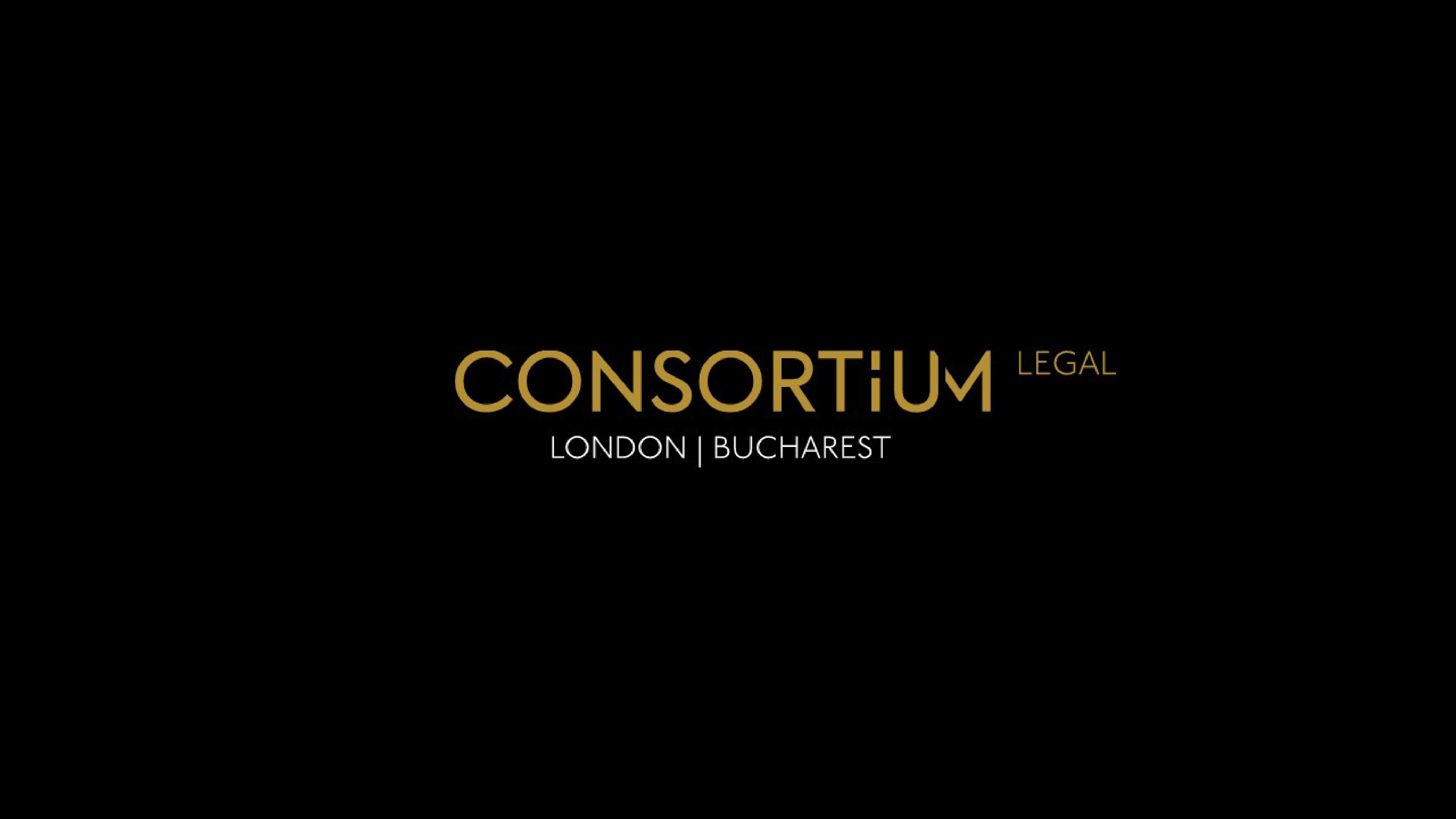Best General Litigation Lawyers in London
Share your needs with us, get contacted by law firms.
Free. Takes 2 min.
List of the best lawyers in London, United Kingdom
About Litigation Law in London, United Kingdom
Litigation, often referred to as dispute resolution in the UK, comprises the rules and practices involved in resolving disputes in the court system. As one of the world’s leading centres for litigation, London plays host to a vast array of disputes, ranging from small claims to complex, multi-jurisdictional cases. These may be civil or commercial disputes, such as contractual disagreements, property disputes, or commercial fraud. The court hierarchy in England, starting from the County Court and High Court to the Supreme Court, ensures that all forms of disputes can be accommodated.
Why You May Need a Lawyer
Whether you are a business or an individual, being involved in a litigation process can be challenging and stressful. A lawyer in London, well-versed in litigation law, can guide and represent you to ensure your rights are protected, and strive for the best possible outcome. You may require legal help in situations such as business disputes, breach of contract, property disputes, professional negligence claims or challenging a will. Furthermore, navigating the complex procedural rules, legal documentation and tight deadlines can be a daunting task without professional assistance.
Local Laws Overview
Key aspects of local laws relevant to litigation in London include the Civil Procedure Rules (CPR) which guide the conduct of all civil cases in England and Wales. The stages of the litigation process are detailed in these rules, including pre-action conduct, issue of proceedings, disclosure of documents, trial and enforcement of judgments. The concept of 'Pre-Action Protocols' encourages parties to exchange information and attempt settlement before proceeding to court. Additionally, English law is known for being particularly disclosure-heavy, favoring transparency and requiring parties to share relevant documents even if they are detrimental to their case.
Frequently Asked Questions
1. How long does a litigation process usually take in London?
The duration depends on the complexity and specifics of the case. A straightforward case may conclude within a year, whilst a complex case can take several years to reach trial.
2. Can I avoid going to court?
Yes. Most cases are settled out of court. Furthermore, the Pre-Action Protocols encourage settlement before commencing proceedings.
3. What types of remedies are available in litigation?
Remedies can be monetary (damages), specific performance (party is ordered to perform their contractual obligations), or injunctive (preventing a party from doing something).
4. Is litigation public in London?
Yes, generally litigation is public and judgments are available to the public. However, in certain circumstances, proceedings may be held in private.
5. How much would it cost to litigate in London?
Costs vary depending on the complexity of the case, the solicitor's fees and other factors. It's essential to receive a cost estimate from your lawyer.
Additional Resources
For additional help, consult the UK Government's page on Courts, Sentencing and Tribunals, or the Citizens Advice Bureau. Legal aid may be available for those who qualify. Legal bodies such as the UK Law Society can also provide valuable resources.
Next Steps
If you find yourself in need of legal assistance in litigation, it would be prudent to consult with a professional. Consider contacting a law firm that specializes in litigation. They can assess your case, help you understand the potential costs involved, and guide you through the complexity of solving your legal dispute.
Lawzana helps you find the best lawyers and law firms in London through a curated and pre-screened list of qualified legal professionals. Our platform offers rankings and detailed profiles of attorneys and law firms, allowing you to compare based on practice areas, including General Litigation, experience, and client feedback.
Each profile includes a description of the firm's areas of practice, client reviews, team members and partners, year of establishment, spoken languages, office locations, contact information, social media presence, and any published articles or resources. Most firms on our platform speak English and are experienced in both local and international legal matters.
Get a quote from top-rated law firms in London, United Kingdom — quickly, securely, and without unnecessary hassle.
Disclaimer:
The information provided on this page is for general informational purposes only and does not constitute legal advice. While we strive to ensure the accuracy and relevance of the content, legal information may change over time, and interpretations of the law can vary. You should always consult with a qualified legal professional for advice specific to your situation.
We disclaim all liability for actions taken or not taken based on the content of this page. If you believe any information is incorrect or outdated, please contact us, and we will review and update it where appropriate.

















